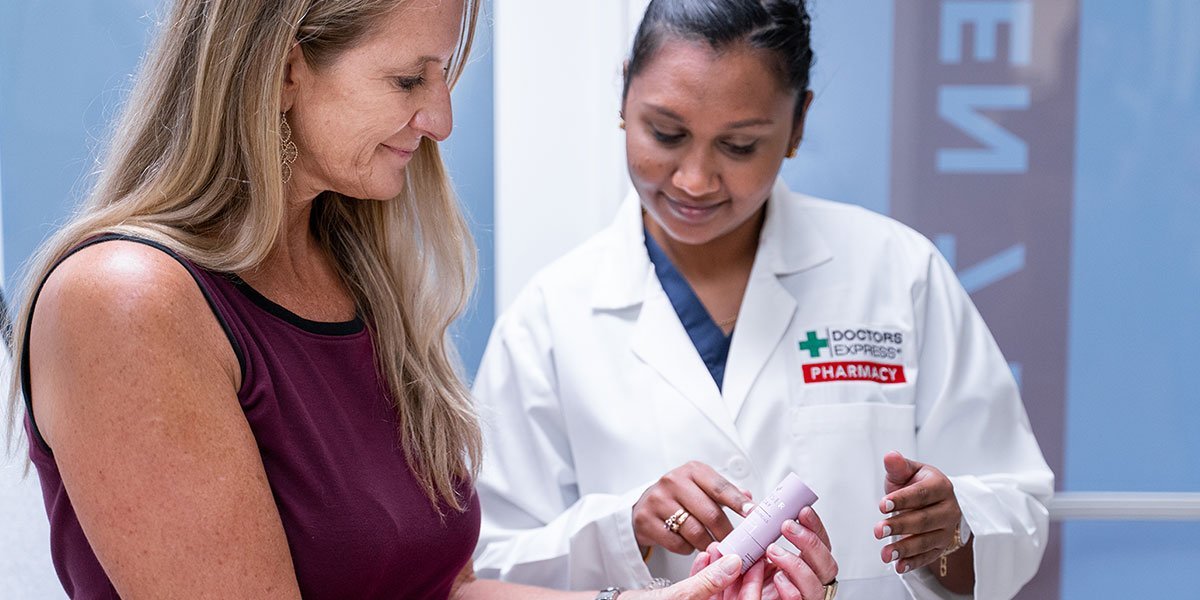Increasing Opioid Awareness: The Dangers of Ignoring a Global Epidemic
The opioid epidemic is a global problem, with many around the world suffering from addiction and withdrawal. It’s important to raise opioid awareness so that patients can consider alternative treatment solutions.
Our story starts simply enough, with a poppy plant. As we mark Remembrance Day each November, we often forget the power of this little poppy bloom from which the first opiates were derived. It is a century old symbol of the sacrifice made by millions to keep the world free. Yet, a hundred years on, its power has enslaved millions around the world. It is estimated that anywhere between 24 and 36 million people are now struggling with an addiction to opioids. Many began their road to addiction not as hardened drug users, but as people who were initially prescribed the drug as a way to manage their pain.
It’s something that Mike knows all too well.
Mike is a construction manager in his mid-forties. He’s married with three children. On weekends he does repairs on his house and meets up with his friends to play sports. No one likes to think they aren’t as young as they used to be, certainly not Mike. So, he plays as hard as his college days and has the injuries to show. At first it wasn’t a problem. He healed up quickly. But lately, he’s been noticing he’s slower on the job. The pain in that damaged rotator cuff isn’t going away and gets worse at night. His back has always been problematic, but now the pain is preventing him from doing his job and being fully present at home with his family. He schedules an appointment to see his doctor.
What happens next is very important.
Mike and his doctor are at a crossroads, which could very well lead to successful management of his pain, but just as easily veer off onto the path to addiction and dependency. It all depends on Mike, his doctor and how well they communicate with each other about the choices to be made.
Over-prescription of drugs like opioids, or even antibiotics, is a very real problem. In some cases, the doctor’s inexperience and well-intentioned desire to reduce their patient’s pain may be at the heart of it. Other doctors have ulterior motives, as seen in this 2018 CNN investigation.
“The more opioids doctors prescribe, the more money they make and are putting their profits over patient care.”
In fact, one of the largest manufacturers of opioids, Purdue Pharma, plead guilty in US federal court in October 2020 for offering doctors monetary incentives to prescribe millions of opioid pain killers. The settlement was $8.3 billion and is the largest penalty ever levied against a pharmaceutical manufacturer in the US.
Whatever the basis for opioid prescriptions, the statistics are telling a frightening story of a global epidemic. According to the US Centers for Disease Control and Prevention, almost 450,000 Americans have died from overdosing on opioids, including prescription ones, between 1999-2018. As of 2020, it says that 128 people die every day from overdosing on either prescription or illicit opioids, not to mention the countless patients who suffer from the grip of addiction and the symptoms of opioid withdrawal. It doesn’t take long to become addicted. According to John Hopkins Medicine, it can take as little as two weeks for someone to become dependent on an opioid.
In a 2018 report, the United Nations Office on Drugs and Crime says globally, the number of opioid users went up from just over 17 million in 2015 to slightly over 19 million in 2016.
Opioid medications are regulated at a global level, with each country allowed to import only a certain amount per year based on its population. Cayman has historically reached its limit for opioid medications within the first 6 months of each year. No statistics are tracked that would indicate how at risk Cayman currently is for an opioid crisis, but given all the facts above, the potential is there.
This is why, if you find yourself in Mike’s position, you need to ask your doctor some important questions. Many people trust medical care professionals implicitly or are too afraid or ashamed to ask how these powerful drugs can affect them. The opioid epidemic is a global problem, with many around the world suffering from addiction and withdrawal. It’s important to raise opioid awareness so that patients can consider alternative treatment solutions.
Raising your Opioid IQ
Here is a list of questions you can ask your doctor if you are prescribed an opioid for pain:
- Are there non-opiate alternatives I could take?
- How long am I required to take this medication?
- What is the absolute lowest dose I can take and still derive the benefits of this medication?
- What is the absolute shortest time I can take this medication and still derive the benefits?
- I have a history of addiction. Could taking this medication cause me to relapse?
- I am on other medications. Could this medication interact negatively with those I am taking?
Your life just may depend on the answers.
Opioid Awareness and your Family
Mike knows this decision won’t affect him alone. If anything goes wrong, it could affect his employment, his relationship with his wife and family and his standing in his community. He also has to think of his children. What if one of them accidentally swallows an opioid? It is a potential risk with all medications once there are young children in the home. He also has to worry about his teenage son in a world where recreational opioid use among young people is on the rise. Should he bring them into the home where he or his friends could potentially sneak them out of his medicine cabinet and experiment with them?
Mike picks up the phone. He and his doctor have a lot to talk about.

